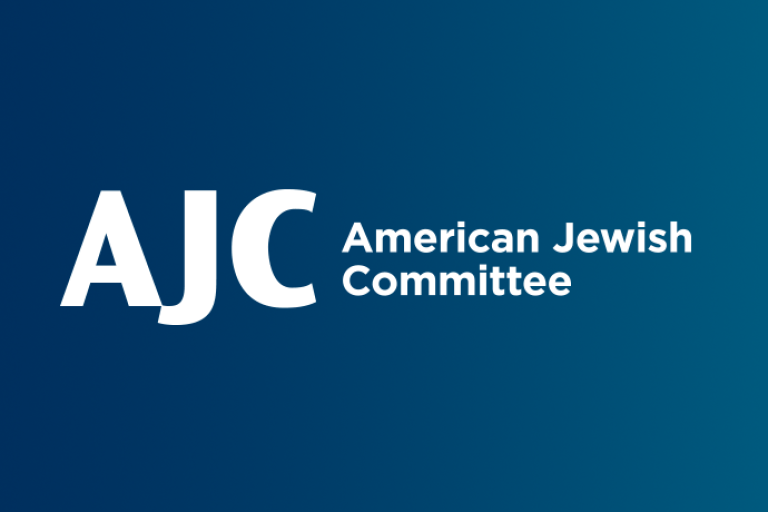June 27, 2019 — New York
American Jewish Committee (AJC) is disappointed by the United States Supreme Court’s decision in Rucho v. Common Cause, in which the Court held that partisan gerrymandering claims “present political questions beyond the reach of the federal courts.”
In an amicus brief, AJC had urged the Court to find that partisan gerrymandering in fact violates the Constitution.
Justice Kagan, for herself and three other justices, sharply criticized the majority’s decision. In her dissent, she agreed with AJC’s view that there are “manageable judicial standards to resolve partisan gerrymandering claims,” which can be applied fairly to the most egregious gerrymanders.
Justice Kagan emphasized that partisan gerrymandering “not only subverts democracy,” but also “violates individuals’ constitutional rights.” She stressed that “partisan gerrymanders here debased and dishonored our democracy, turning upside-down the core American idea that all governmental power derives from the people.”
Fundamental to American democracy, she said, is that “voters should choose their representatives, not the other way around.”
“We take some comfort in the fact that even the majority recognized that partisan gerrymandering is ‘incompatible with democratic principles’ and emphasized that, while it is not an issue that the Court can resolve, other avenues of recourse are available to Congress and to the states,” said AJC General Counsel Marc Stern. “We believe that it is critically important that society pursue such methods in order to eliminate the political distortions created by intentional gerrymandering.”


